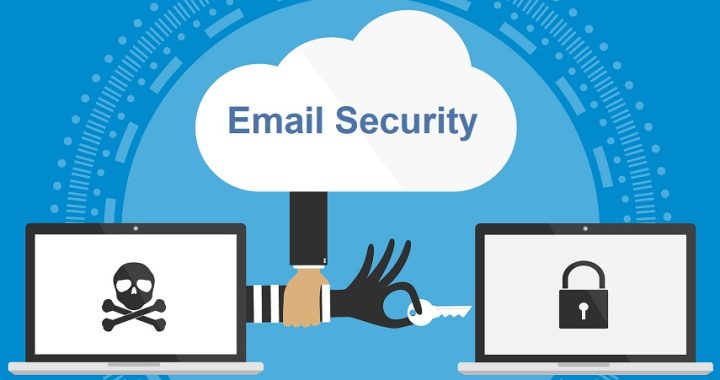As we approach February 2024, significant changes loom over the horizon for email communication. Major email service providers, including Google, Microsoft, Yahoo, and Apple, are setting the stage for more rigorous enforcement of email authentication standards to curb spam, phishing, and malware threats.
This enforcement is particularly targeted at bulk senders — those dispatching over 5,000 emails daily to service provider domains — mandating adherence to protocols like DMARC (Domain-based Message Authentication, Reporting, and Conformance), DKIM (DomainKeys Identified Mail), and SPF (Sender Policy Framework).
Why the Change?
The pivot towards stricter email validation protocols is a direct response to the evolving sophistication of cybersecurity threats. By reinforcing validation measures, service providers like Google and Yahoo aim to reduce the volume of unwanted and potentially harmful emails reaching users.
Not only does this initiative protect end-users, but it also offers substantial benefits to organizations that comply. For instance, having a DMARC policy improves inbox placement rates and solidifies the sender’s reputation as a compliant and trustworthy entity.
The Path to Compliance
For businesses, the path to full compliance requires several key steps:
Update and Accurate Records: Organizations must ensure that their DNS records for SPF, DKIM, and DMARC are current and accurately configured. DMARC policies must be published via DNS records across all the organization’s domains, and sending sources must be correctly authenticated and aligned.
Monitoring DMARC Traffic: It is critical to implement a monitoring system for DMARC traffic. This allows businesses to track deliverability issues, detect spoofing attempts, and respond to any unauthorized use of their domains.
Validating Email Configuration: Senders must validate their email configuration, including ensuring valid forward and reverse DNS records and securing connections with TLS 1.2 or later. Compliance also includes keeping spam complaint rates below a stipulated threshold and incorporating a one-click unsubscribe feature in marketing emails.
The Benefits of Adherence
The benefits of adhering to these enhanced email security requirements are threefold:
- Enhanced Security: By making it significantly harder for malicious parties to impersonate a company’s domain for email purposes, the bar is raised for phishing attacks. This not only protects the company but also safeguards clients, vendors, and employees from fraudulent communications.
- Better Deliverability: Compliance improves the likelihood of emails being placed directly in the recipient’s inbox rather than being filtered into spam folders. This is crucial for maintaining effective communication channels with customers and partners.
- Reduced Liability and Reputation Risks: In the unfortunate event of an impersonation attack, companies that have taken proactive steps to secure their email practices can demonstrate their commitment to cybersecurity, potentially reducing liability and reputational damage.
Microsoft’s Position
Microsoft, alongside other large providers, recommends the implementation of SPF, DKIM, and DMARC email authentication methods to its users. While they have not enforced guidelines as stringent as Google’s or Yahoo’s, the implication is clear: it’s only a matter of time before such measures become standard across the board.
Conclusion
As the digital landscape evolves, so too must our approaches to cybersecurity. The forthcoming changes in email authentication practices are not just a regulatory hurdle but an opportunity for businesses to fortify their defenses against increasingly sophisticated cyber threats.
To stay ahead, companies must take decisive action towards full compliance, ensuring that their communication systems are not just secure, but also robust and reliable in the face of emerging challenges.
If your firm needs a hand ensuring that you are prepared for these sweeping changes, we can help. Contact us to setup a free consultation about what we can do to help.

